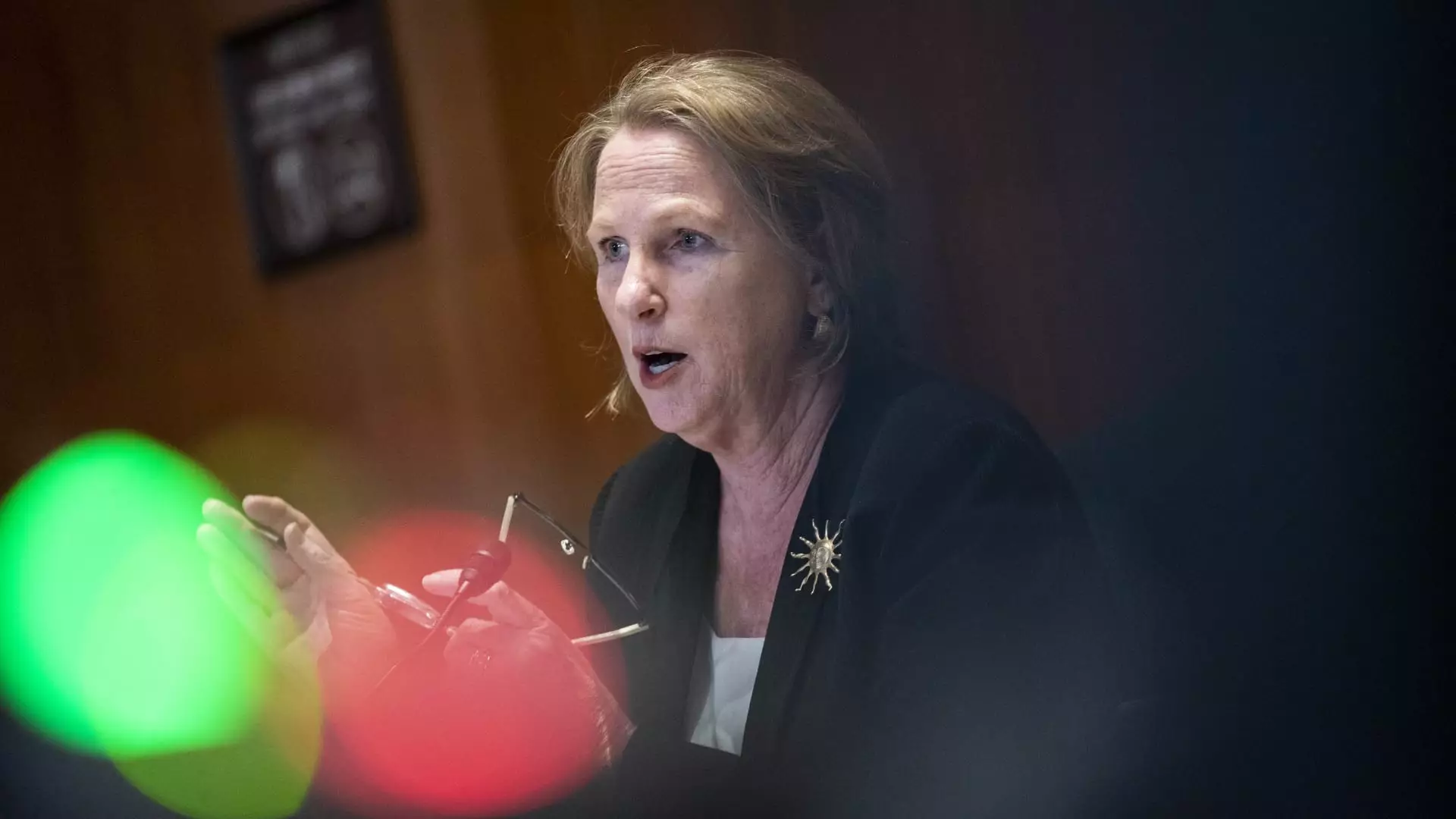As the landscape of American politics shifts with the Republican party gaining control of Congress, the Internal Revenue Service (IRS) finds itself at a critical crossroads. Recent discussions have raised alarms about the future of taxpayer services and technology funding within the IRS, which has struggled to maintain its operations amid scrutiny and budget cuts. The National Taxpayer Advocate, Erin Collins, has especially emphasized the stark disparities in funding allocations that could shape the agency’s ability to serve the populace effectively.
A striking observation made in the National Taxpayer Advocate’s annual report is the imbalance in funding priorities. While the Inflation Reduction Act designated a significant $78.9 billion to bolster the IRS’s operations, a staggering 58% of that funding has been funneled into enforcement measures. In contrast, the allocations for taxpayer services and technology, at 4% and 6% respectively, raise concerns about the adequacy of resources allocated to enhancing taxpayer experiences. This disproportionate funding not only exemplifies a short-sighted approach to tax administration but also threatens to undermine public trust in the IRS.
Impacts on Taxpayer Experience and Compliance
Collins highlighted a crucial point: enhancing funding for taxpayer services and technology is not merely a budgetary concern but a matter of efficiency and compliance. She argues that adequate investment in these areas would result in a more effective tax system, one where taxpayer interactions become fairer and more manageable. With improved services, the IRS could likely boost compliance rates, thus minimizing costly enforcement actions that arise from misunderstandings or lack of support. Her analysis suggests a paradigm shift toward prioritizing the taxpayer experience, an often-overlooked aspect of tax administration.
The unsettling potential of further budget cuts looms large as congressional leaders remain fixated on trimming expenditures. The cancellation of $20 billion in IRS funding as part of the 2023 budget deal is a precursor to deeper cuts, as Republicans have signaled intentions to further reduce IRS allocations. Collins warns against the peril of these cuts inadvertently crippling essential services while attempting to scale back on enforcement. By doing so, Congress risks not only punishing the agency for past inefficiencies but also jeopardizing the very fabric of taxpayer assistance that is crucial during challenging financial times.
Going forward, the imperative remains clear: Congress must prioritize a balanced approach that safeguards taxpayer services while establishing reasonable enforcement measures. The IRS’s ability to modernize, innovate, and respond to taxpayer needs hinges on adequate funding. As lawmakers engage in budget discussions, they should consider the long-term implications of a poorly funded IRS. Failure to strike the right balance could lead to a further erosion of public confidence in the tax system, setting back years of progress in creating a fair and transparent administration of tax laws. Therefore, it is vital for Congress to heed these warnings and work collaboratively to ensure that the IRS can support its mission effectively in the years to come.

